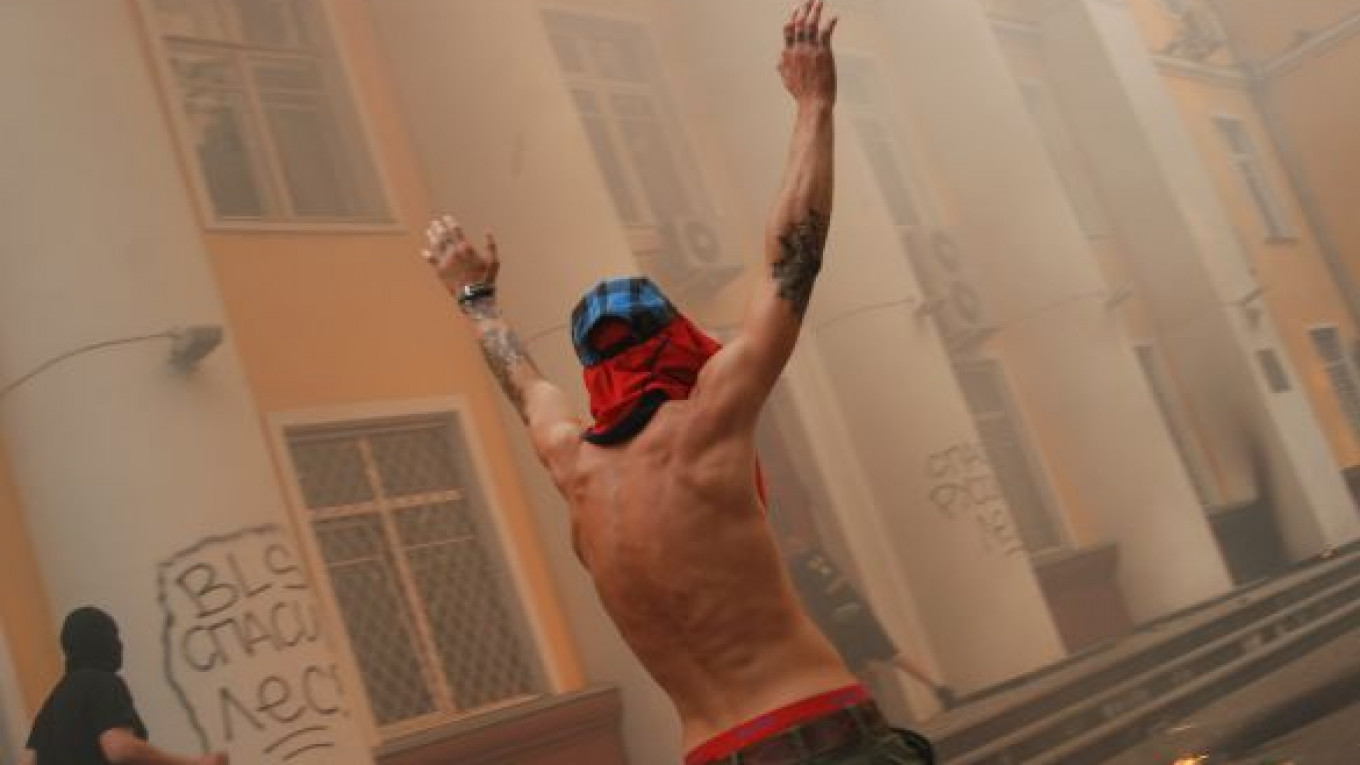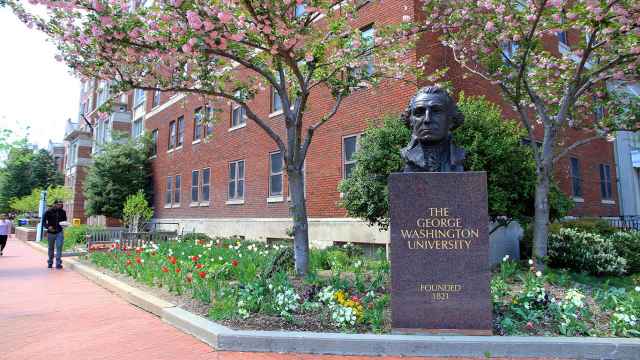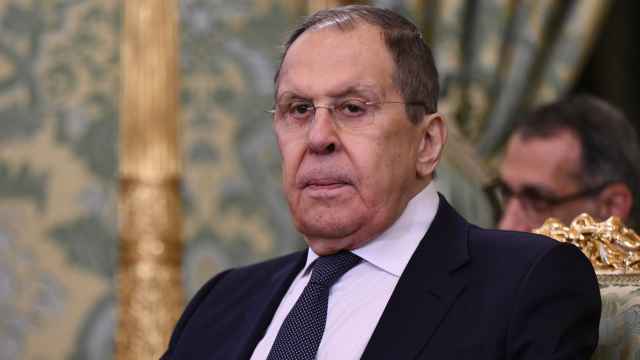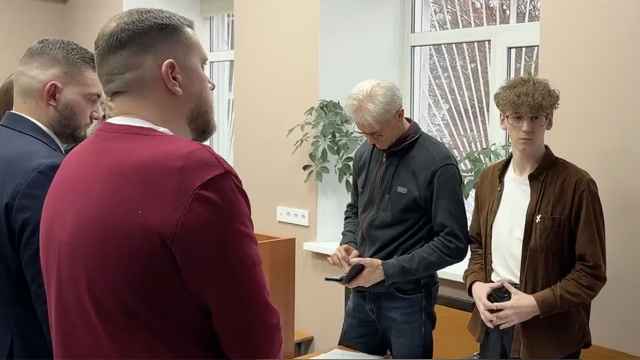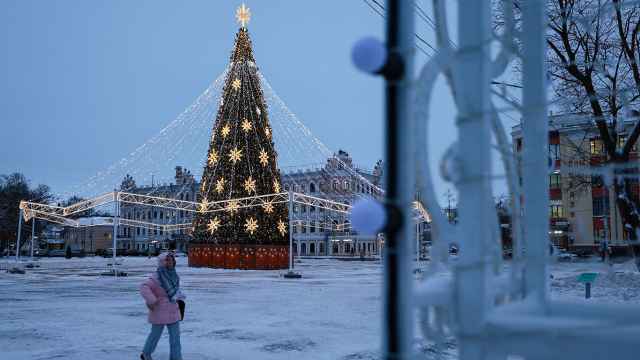Finland has granted asylum to a suspect in the 2010 attack on the administrative office of the Moscow region town of Khimki to protest local deforestation, the activist said.
Pyotr Silayev, who receiving asylum to Gazeta.ru, becomes the second suspect in the case to get political asylum.
He joins Denis Solopov, who was taken in by the Netherlands in July 2011.
During the attack, up to 300 protesters pelted the building with stones and smoke grenades and wrote “Save the Russian Forest” on its walls.
The Khimki forest became a bone of contention in summer 2010 as environmental activists supported local residents against the government’s plan to build an $8 billion highway from Moscow to St. Petersburg through the forest.
Meanwhile, the Investigative Committee’s Moscow region branch on Wednesday that the investigation into the severe beating of another environmental activist from Khimki, Konstantin Fetisov, is in its final stage.
However, investigators are still searching for the attack’s mastermind, whose identity has not been established.
The criminal case against that person has been separated from those against the other six people implicated in the attack, and that probe is ongoing.
Investigators linked the attack on Fetisov to his organization of protests against a dumping ground for solid household waste belonging to Poligon TBO, a municipal company owned by local authorities, Kommersant Wednesday.
In early February, investigators charged Andrei Chernyshyov, a department head in Khimki City Hall’s property management division, with organizing the beating of Fetisov.
At the same time, five other people outside the local administration — Vazgen Tsaturyan, Denis Rastokin Andrei Kashirin, Vyacheslav Kovalyov and Maxim Kriventsov — were charged with either attempted murder or assault, depending on their roles, Interfax at the time.
According to investigators, Chernyshyov tried to solicit Tsaturyan and Rastokin to beat Fetisov with baseball bats, but they refused, fearing they might kill the activist, Kommersant reported.
Tsaturyan and Rastokin agreed to beat Fetisov unarmed and carried out the attack in September 2010 for a solid reward, but Fetisov continued his protest activities, the report said.
In November 2010, Kashirin and another defendant, Yevgeny Morozov, purportedly beat Fetisov with baseball bats.
The activist remained in a coma for a year and is still undergoing rehabilitation.
Kovalyov and Kriventsov were acting as facilitators, Kommersant said, without elaborating.
The criminal case against Morozov was separated from the others after he was diagnosed with a mental illness and ruled legally incompetent.
A Message from The Moscow Times:
Dear readers,
We are facing unprecedented challenges. Russia's Prosecutor General's Office has designated The Moscow Times as an "undesirable" organization, criminalizing our work and putting our staff at risk of prosecution. This follows our earlier unjust labeling as a "foreign agent."
These actions are direct attempts to silence independent journalism in Russia. The authorities claim our work "discredits the decisions of the Russian leadership." We see things differently: we strive to provide accurate, unbiased reporting on Russia.
We, the journalists of The Moscow Times, refuse to be silenced. But to continue our work, we need your help.
Your support, no matter how small, makes a world of difference. If you can, please support us monthly starting from just $2. It's quick to set up, and every contribution makes a significant impact.
By supporting The Moscow Times, you're defending open, independent journalism in the face of repression. Thank you for standing with us.
Remind me later.


